

Jamaica will be hosting the World Free Zones 8th Annual International Conference and Exhibition in June this year. Senator Aubyn Hill, minister of industry, investment and commerce, speaking at the Montego Bay Convention Centre in St James, set the tone for what is to come and outlined why attracting investments to Jamaica in order to provide employment is so vital to the economy.
Below is his full address:
I extend welcome to you, and say on behalf of the Jamaican Government and the Ministry of Industry, Investment and Commerce how happy I am for your attendance here today.
We value your participation in this vital preliminary process as Jamaica readies itself to host the upcoming World Free Zones’ 8th Annual International Conference and Exhibition, scheduled for June 13 – 17 of this year.
This event, organised around the theme ‘Zones: your partner for Resilience, Sustainability and Prosperity’ will be held at the Montego Bay Conference Centre.
Jamaica looks forward to hosting this conference, and we can’t wait to welcome the nearly 1,500 guests who will be visiting our beautiful shores.
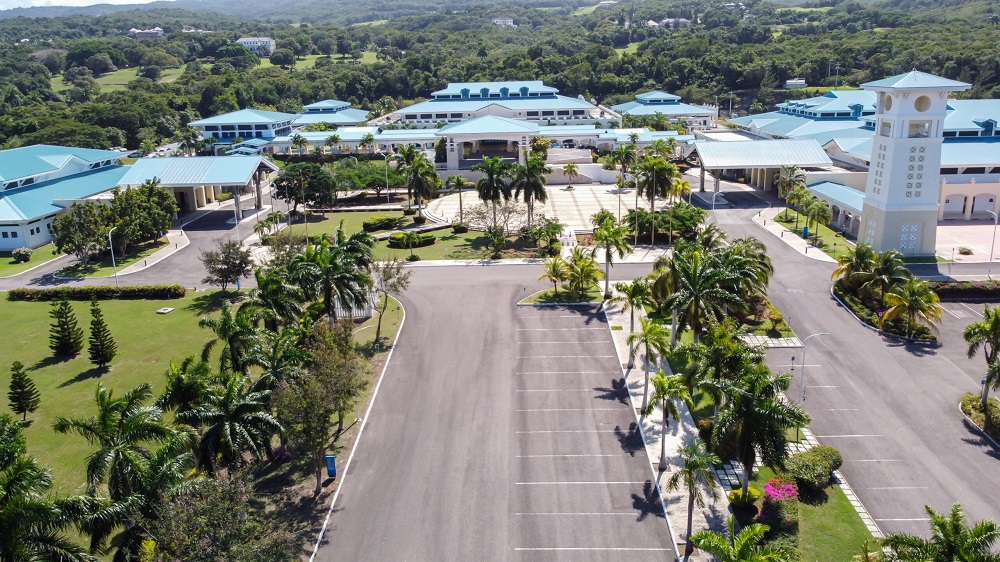
Please be assured that Jamaica has put in place all the health and safety protocols for this important conference – coming as it does as the world continues to navigate the twists and turns of COVID- 19.
The conference and its attendant activities will present an excellent opportunity to showcase Jamaica as a lifestyle and business destination.
Jamaica will be showcased as an ideal location for Special Economic Zone investment, and provide a significant injection to our tourism destination recovery plan. The event will also serve to introduce new people to our exciting tourism product while exhibiting “Brand Jamaica” to future investors.
This will further our goal of attracting major opportunities for:
- the development of large-scale modern SEZs and
- Investments in Jamaica by multinational companies to provide employment opportunitiesfor our people.As we look towards our June meeting, Jamaica recognises the significance of these annual conferences, as they facilitate knowledge exchange, education & training, as well as networking & business development opportunities for:
- Free-Zone/Special Economic Zone Associations;
- Developers, Occupants and Zone Users;
- Consultants;
- Government Organisations and;
- International Trade-Related Bodies.
It is this exchange of ideas that allows free zones worldwide to grow and prosper.
As you are aware, free zones, free-trade zones, and special economic zones share common features. However, the difference in nomenclature is based on territory and the stage of economic development.

Our Government recognises Jamaica’s Special Economic Zone (SEZ) as a most important facility to promote our country’s investment; drive job creation and, importantly boost the wider economy, through investment and training.
ECONOMIC BENEFITS OF SEZ
Benefits projected from Jamaica’s SEZ regime include stimulation of wide-scale economic activities, especially in new and emerging sectors.
Already, the SEZ regime and other initiatives have resulted in the creation and stimulation of sustainable business-to-business linkages, harmonization of fiscal incentives, and other reforms that are being intensified.
In the long term, it is expected that the Jamaican economy will be transformed to reflect a greater emphasis on efficiency, transparency and predictability. In the process, businesses in both the SEZ and the rest of the economy will be better prepared and equipped to access a larger share of the global market, expand and diversify their economic activities, and hire more workers.
There are now 213 SEZ stakeholders across ten of Jamaica’s 14 parishes. These include 46 stand- alone single-entity developers, 66 occupants, 26 multi-purpose developers and 18 zone users.
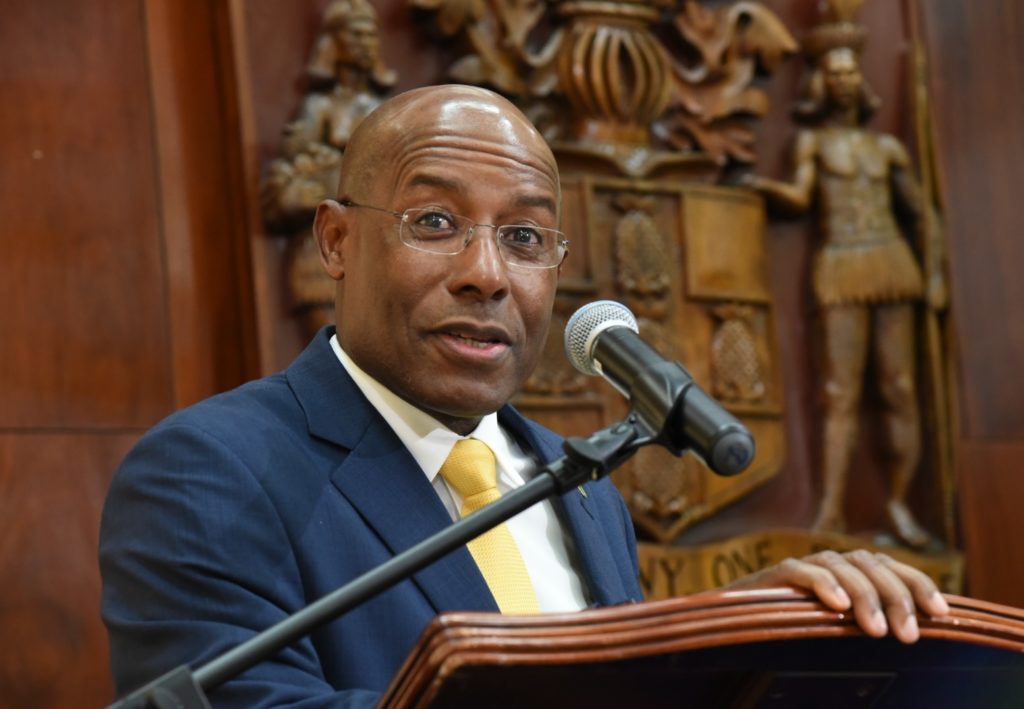
Preliminary data suggest that SEZs already approved, and those being processed will provide employment for approximately 53,000 people. Overall, the SEZ facilities are spread across 28.9 million square feet including commercial offices, training, and incubation space, warehousing and distribution, manufacturing, assembly, and production facilities, among others.
SEZs represent a wide variety of geographically-demarcated areas that offer simple and efficient business regulations and procedures to investors. Under the SEZ regime, these zones are being promoted and facilitated to attract and retain targeted investments, and sustain economic activity across various sectors of Jamaica.
Additionally, transformation into this modern, internationally recognized sector will potentially deliver a range of benefits. These include strengthening our engagement in trade by:
✓ Capitalising on Jamaica’s near-shore location for global businesses;
✓ Spurring investment in mega Special Economic Zones (SEZs);
✓ Increasing public-private sector-led projects and;
✓ Enhancing our private sector’s ability to expand, through increased access to global value chains.
Already Investors are on-board with the Special Economic Zone model that has begun to stimulate the economy. By design, these SEZ industrial clusters are providing employment opportunities, commercial and residential training, while generating foreign exchange earnings.
At the same time, the Special Economic Zone is promoting knowledge transfers and the use of technology to a wide “urban support area. In this way, it is incorporating and benefitting multiple constituents.
It is important to note that the robust legal and regulatory framework for SEZs in Jamaica represents the most attractive fiscal incentive plan the country has to offer. It is vital that developing economies, like Jamaica, actively participate in the global value and supply chains.
MUCH TO GAIN
The Ministry of Industry, Investment & Commerce is seeking through the development and promotion of the SEZ regime, to place our country at the centre of international trade lanes in order to attract large corporations that are eager to benefit from the nearshore value proposition.
As a developing country, Jamaica has much to gain by ensuring that rigorous business standards are maintained as part of the country’s efforts to build a competitive business environment, while meeting the needs of our local and overseas markets.
Ours is a dynamic world, and continuous improvement assumes greater urgency in light of the wider economic, social and physical environment in which we operate and do business.
Special Economic Zones provides a superb opportunity to implement economic activities that will stimulate sustainable growth and development, not just for Jamaica, but for all our participating countries and indeed the world.
Our meeting here today takes place in an environment that sees developing countries grappling with a range of problems, not least of which is the social and economic challenges that confront our people on a daily basis.
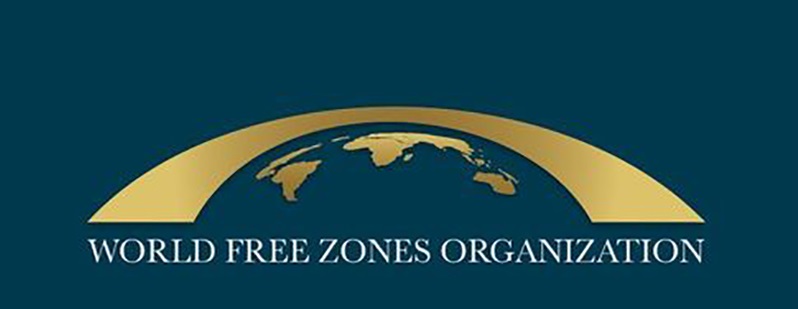
As a developing country as well as a member of the World Free Zones Organisations, Jamaica welcomes any opportunity for the free and open exchange of ideas for shaping economic processes that will create ladders of opportunities for many in the developing world.
As a group, we have the opportunity to write the next chapter.
As an organisation, the World Free Zones is strong – representing over 120 countries, which own and operate over 3,000 Free Zones/SEZs worldwide.
CHARTING THE WAY FORWARD
I look forward to our Annual Meeting of June 13 – 17, when, as a worldwide community of Special Economic Zones, we chart the way forward with new strategies to leverage our strength as a group to:
✓ Achieve the broadest economic benefits for our individual countries and our Organisation.
✓ Unlock trading and investment opportunities for our countries and,
✓ Have a positive effect on the wider world!
What we do together in the coming weeks and months, will resonate for decades to come.
No longer are we constrained to just watch the future of our countries unfold. We have the capacity – and indeed we MUST – shape our future!


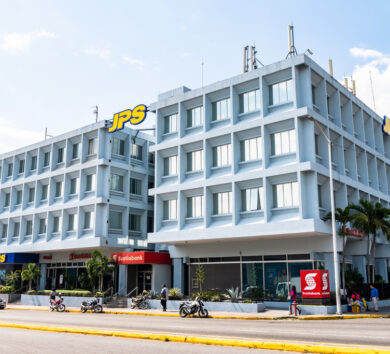


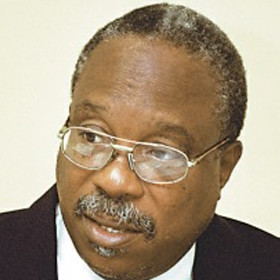

Comments